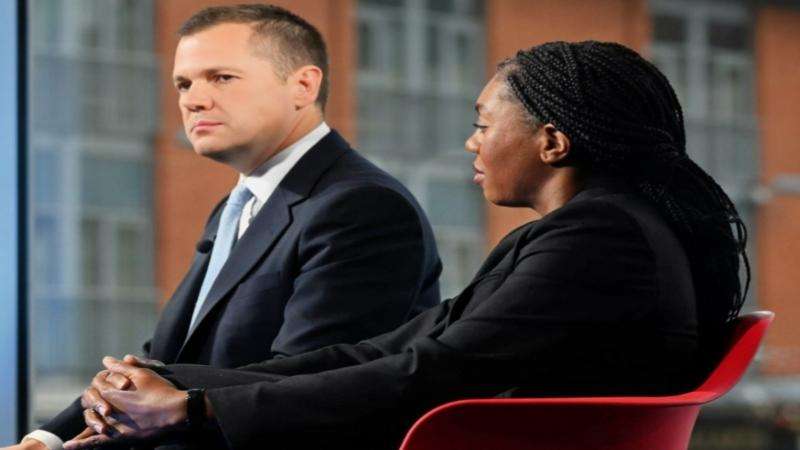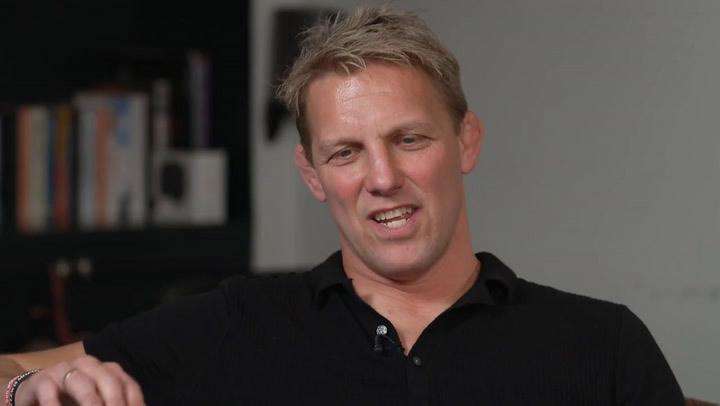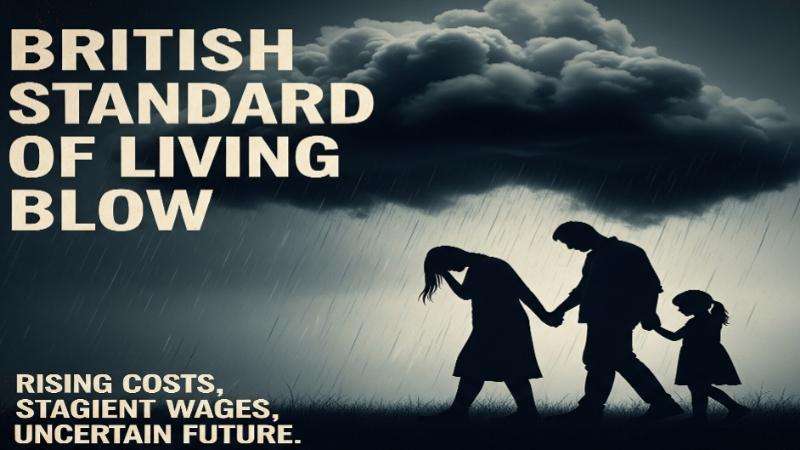The Bank of England has issued a stark warning that the living standards of working people in the UK are set to stagnate for at least a year. In a scathing assessment, the central bank laid the blame at the feet of Chancellor Rachel Reeves's recent tax policies and other government initiatives, which it says are driving up prices and stifling economic growth, Daily Dazzling Dawn understands.
The grim outlook came as the Bank's Monetary Policy Committee (MPC) voted to cut interest rates for the third time this year, bringing the rate down to 4 percent. However, the decision was far from unanimous, with a rare three-way split among policymakers. Governor Andrew Bailey, for the first time since the Bank gained independence in 1997, had to call for a second vote to reach a consensus, highlighting the deep divisions over the UK's economic trajectory.
Inflationary Pressures and Zero Income Growth
A major point of contention is the resurgence of inflation. The Bank has revised its inflation forecasts, now predicting that prices will not return to the 2% target until 2027. It expects inflation to peak at 4 percent in September, double its official target, driven by faster-than-expected rises in food costs.
Officials directly attributed these rising supermarket prices to government policy, including the recent increase in the national minimum wage, last autumn's tax changes, and a new net-zero packaging levy. The British Retail Consortium has echoed these fears, warning that food inflation could hit 6 percent by the end of the year.
This inflationary pressure is set to collide with slowing wage growth. Governor Bailey revealed that real post-tax incomes—the actual spending power of households—are now expected to see zero growth next year. While benefits claimants and pensioners will be largely protected by welfare payments linked to inflation, working people will bear the brunt of this financial squeeze. This forecast is a significant blow to Sir Keir Starmer's campaign promise to improve living standards.
"Stagflation" Concerns and Business Hesitation
Adding to the bleak picture, three former MPC members have warned that the UK is entering a period of "stagflation"—the dangerous combination of stagnant economic growth and high inflation. With the economy remaining "subdued," according to Bailey, there are growing fears that the government's policies are having a chilling effect on business investment. A recent Bank of England survey suggests that the Chancellor's inheritance tax changes and plans for new workers' rights are discouraging companies from investing, further hampering growth.
In response to the Bank's assessment, Shadow Chancellor Sir Mel Stride criticized the government, stating that "Labour's Jobs Tax and reckless borrowing have pushed inflation well above target." Meanwhile, economists are warning that the Chancellor faces a potential £50 billion shortfall in public finances, fueling speculation of another tax raid this autumn.
Despite the headwinds, Ms. Reeves maintains that the government is on the side of working people, pointing to measures like freezing fuel duty, increasing the minimum wage, and boosting pay for public sector workers. However, the Bank's latest report suggests these efforts are not enough to offset the broader economic challenges, and any future interest rate cuts will be slow and gradual, leaving mortgage holders and investors on edge.
_8.jpg)
_5.jpg)
_8.jpg)





.svg)



